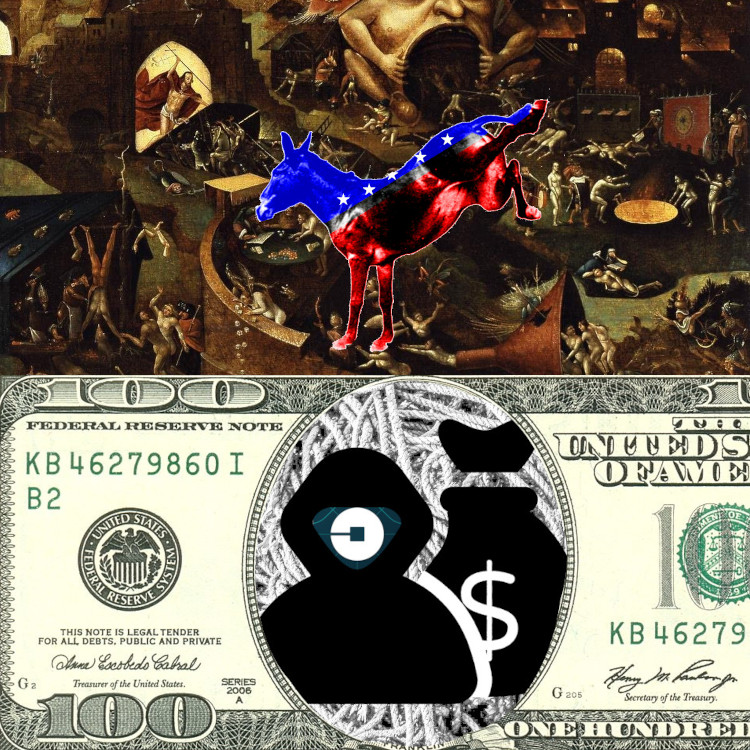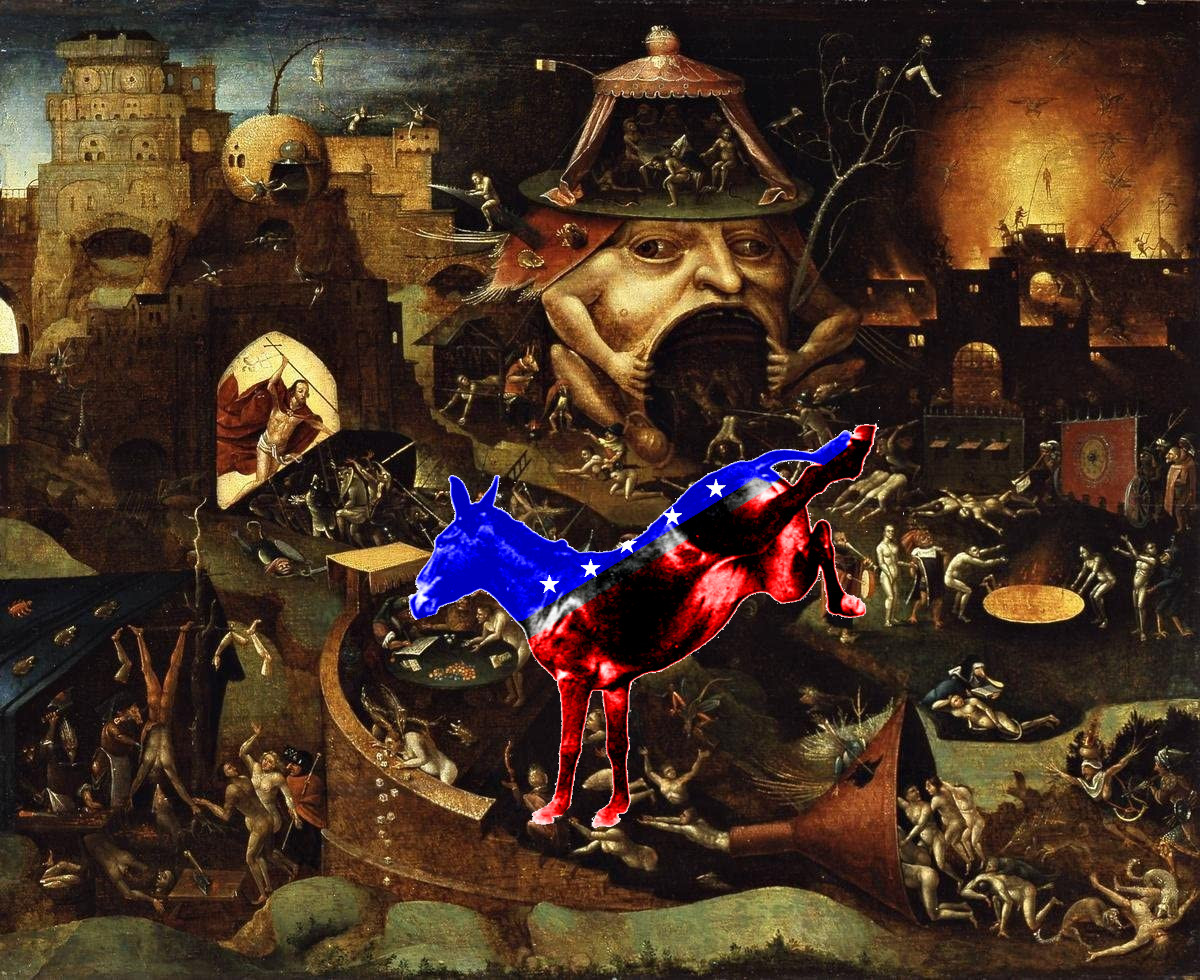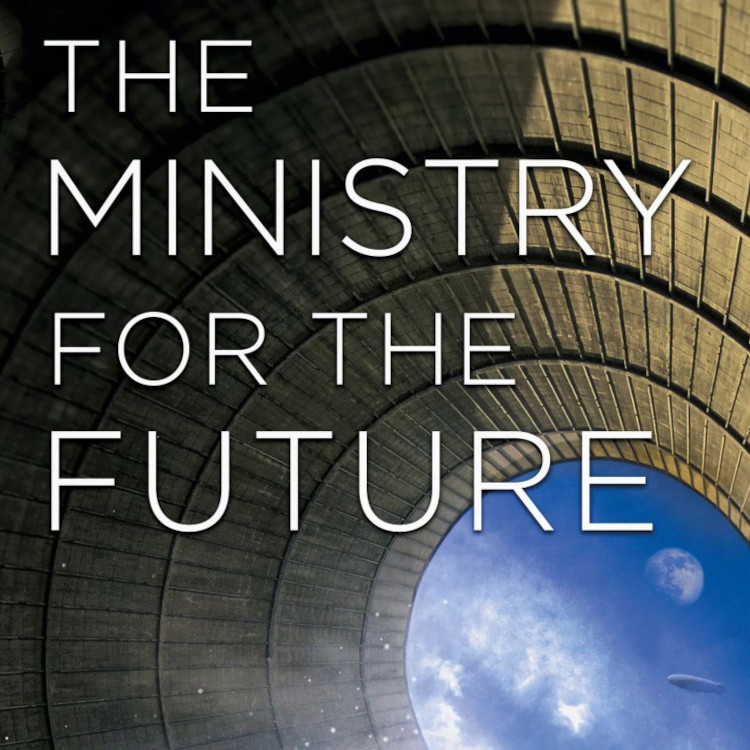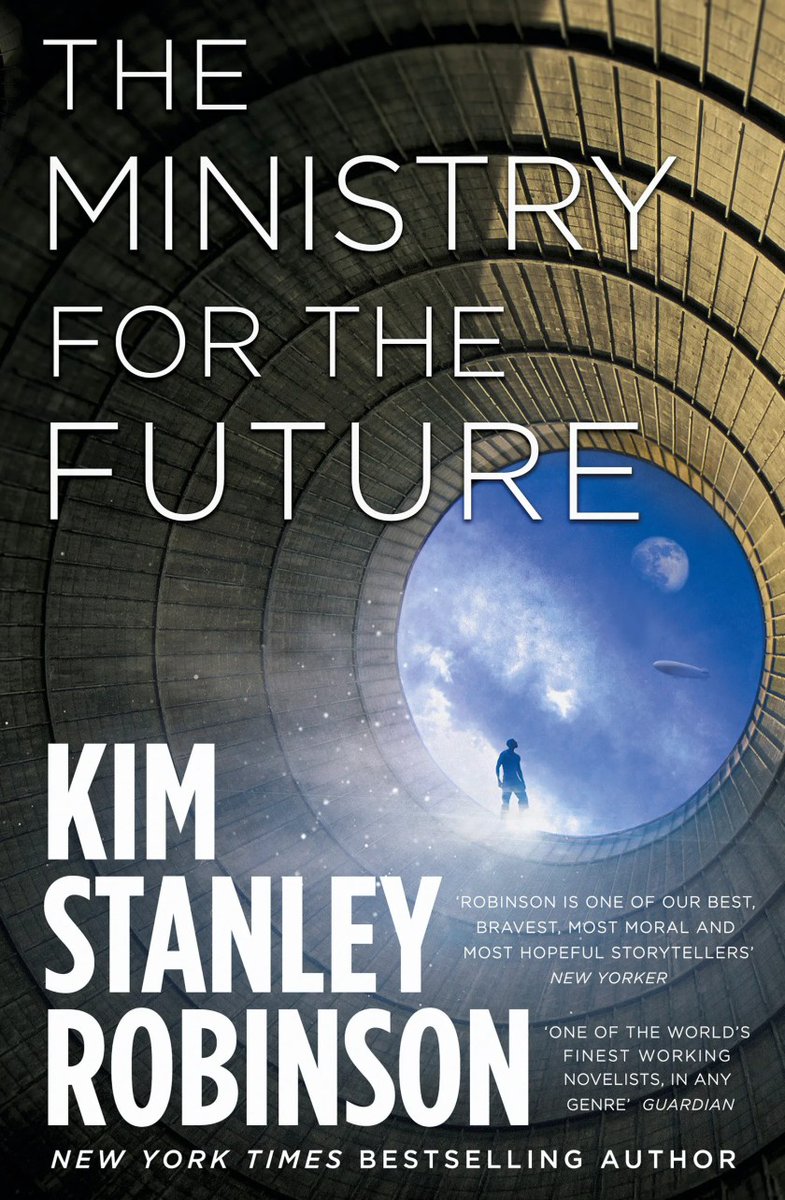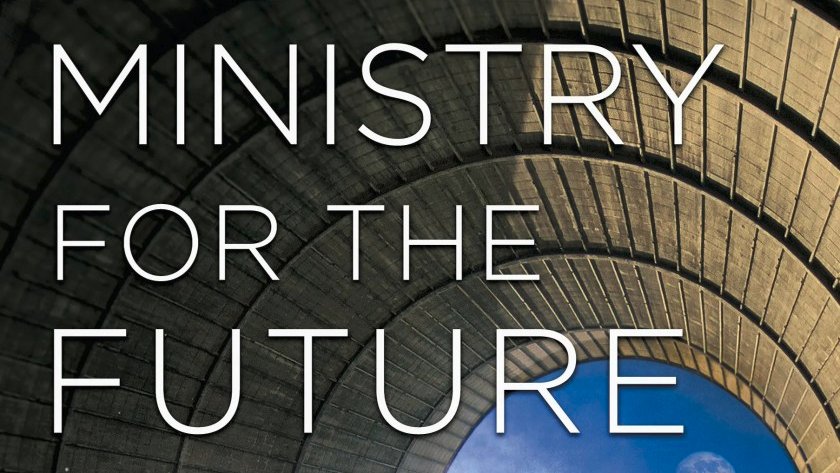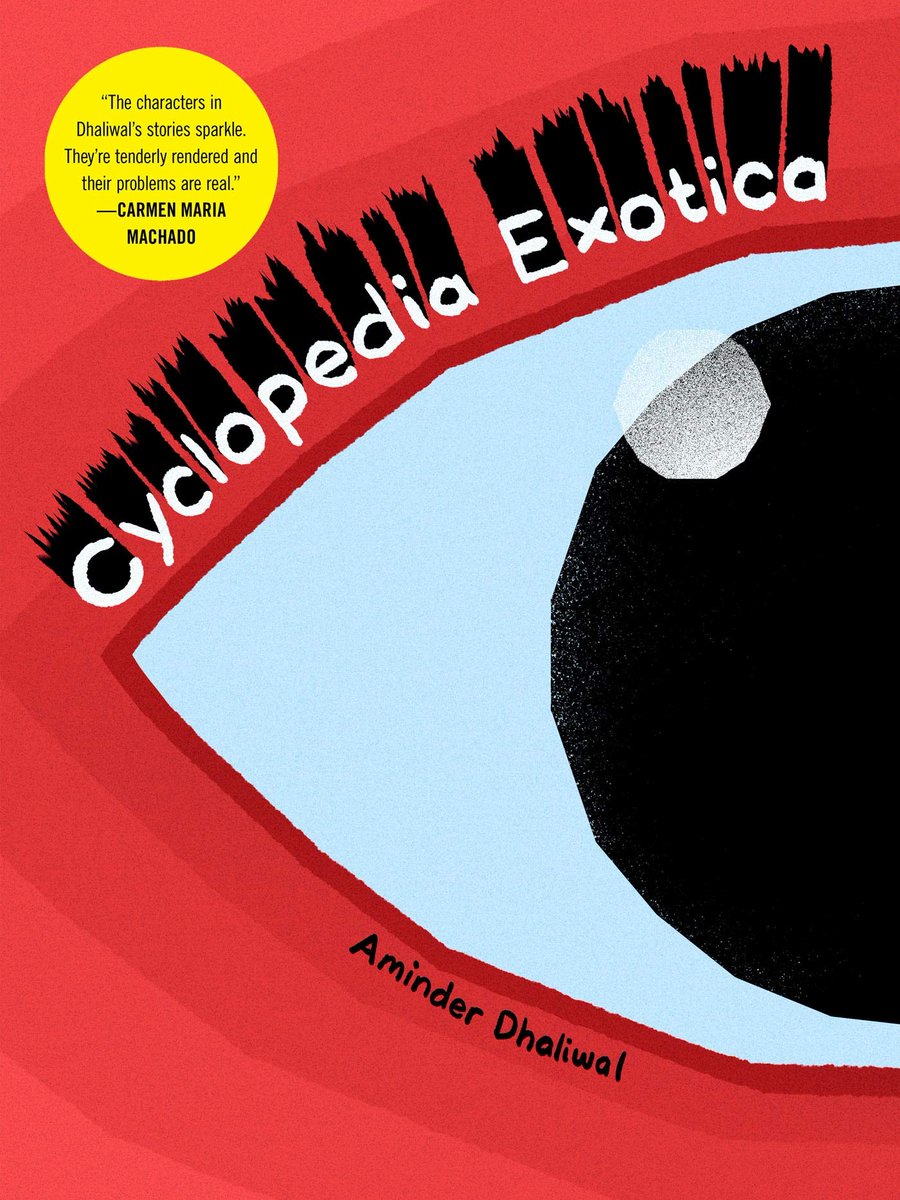
If I am the Phantom, it is because man’s hatred has made me so.
THE PHANTOM OF THE OPERA (1925)
wilwheaton.tumblr.com/post/650925627…
THE PHANTOM OF THE OPERA (1925)
wilwheaton.tumblr.com/post/650925627…
If I am the Phantom, it is because man’s hatred has made me so.
THE PHANTOM OF THE OPERA (1925)
wilwheaton.tumblr.com/post/650925627…
THE PHANTOM OF THE OPERA (1925)
wilwheaton.tumblr.com/post/650925627…
If I am the Phantom, it is because man’s hatred has made me so.
THE PHANTOM OF THE OPERA (1925)
wilwheaton.tumblr.com/post/650925627…
THE PHANTOM OF THE OPERA (1925)
wilwheaton.tumblr.com/post/650925627…
If I am the Phantom, it is because man’s hatred has made me so.
THE PHANTOM OF THE OPERA (1925)
wilwheaton.tumblr.com/post/650925627…
THE PHANTOM OF THE OPERA (1925)
wilwheaton.tumblr.com/post/650925627…
If I am the Phantom, it is because man’s hatred has made me so.
THE PHANTOM OF THE OPERA (1925)
wilwheaton.tumblr.com/post/650925627…
THE PHANTOM OF THE OPERA (1925)
wilwheaton.tumblr.com/post/650925627…
If I am the Phantom, it is because man’s hatred has made me so.
THE PHANTOM OF THE OPERA (1925)
wilwheaton.tumblr.com/post/650925627…
THE PHANTOM OF THE OPERA (1925)
wilwheaton.tumblr.com/post/650925627…
If I am the Phantom, it is because man’s hatred has made me so.
THE PHANTOM OF THE OPERA (1925)
wilwheaton.tumblr.com/post/650925627…
THE PHANTOM OF THE OPERA (1925)
wilwheaton.tumblr.com/post/650925627…
If I am the Phantom, it is because man’s hatred has made me so.
THE PHANTOM OF THE OPERA (1925)
wilwheaton.tumblr.com/post/650925627…
THE PHANTOM OF THE OPERA (1925)
wilwheaton.tumblr.com/post/650925627…
If I am the Phantom, it is because man’s hatred has made me so.
THE PHANTOM OF THE OPERA (1925)
wilwheaton.tumblr.com/post/650925627…
THE PHANTOM OF THE OPERA (1925)
wilwheaton.tumblr.com/post/650925627…
• • •
Missing some Tweet in this thread? You can try to
force a refresh


